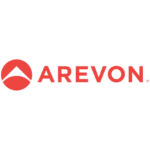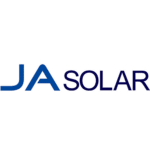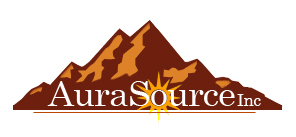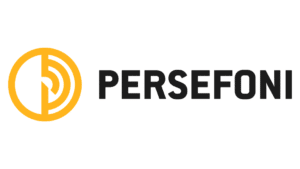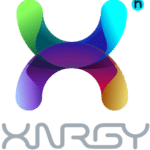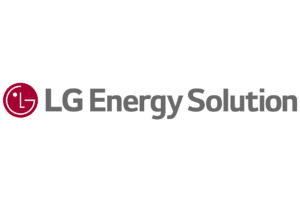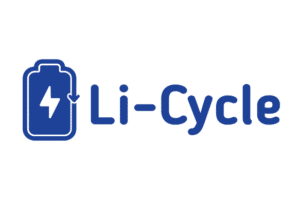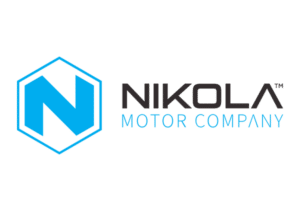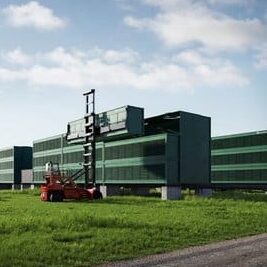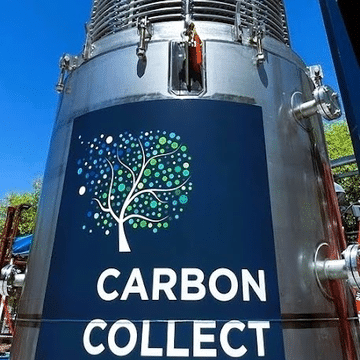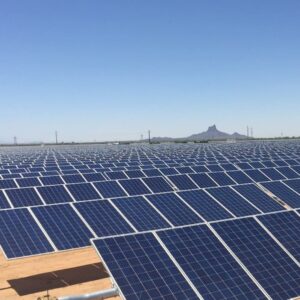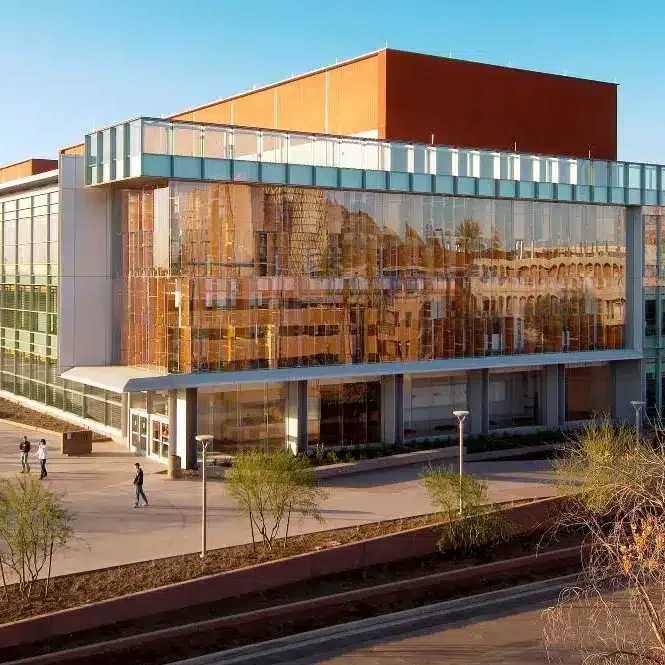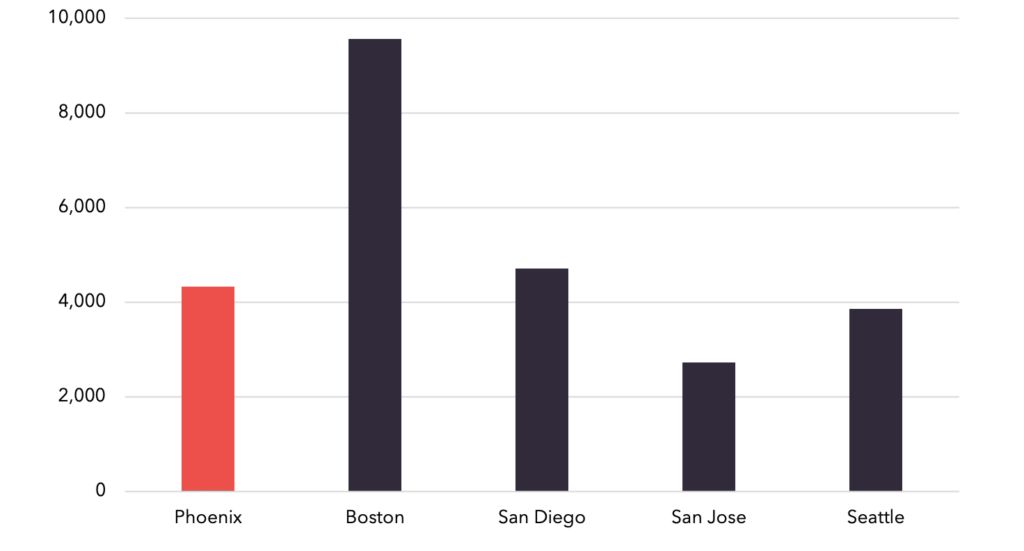
Build a greener future in Greater Phoenix
With 300 days of sunshine annually, nationally renowned sustainability education and a vibrant startup community, Greater Phoenix is poised to be a leader in climate technology development. Whether you’re a solar company looking to scale, a carbon-driven company exploring new terrains or a novel innovator seeking partnerships, the region has something for you.
Climate Technology Industry Report
Get our 31-page, in-depth report on the climate technology ecosystem in Greater Phoenix.
#1
ASU ranks No. 1 in Sustainability and No. 1 in global impact
300+
Greater Phoenix sees more than 300 days of sunshine annually
$5.1B
invested in AZ companies through VC/Equity financing deals from Oct. '20 - Nov. '23
Source: CBInsights; Pitchbook
Unique Verticals
From energy to emissions to innovative clean products, a variety of innovative climate technology companies have found success in the region. Explore some below:
Clean Energy
Arizona was recognized by Forbes as the third-best city in the country for solar energy. Find more information on the Greater Phoenix solar ecosystem here.
Air Treatment and Clean Emissions
Electric Vehicle and Battery
For a deep-dive into the electric and autonomous vehicle ecosystem in Greater Phoenix, visit this webpage.
Clean Products
| Company | Description |
|---|---|
Diamond Age develops next-generation robotics for 3D home construction to improve efficiency and cost in home building, while reducing manual labor requirements. |
|
Footprint designs, develops and manufactures plant-based fiber solutions with the goal of eliminating single-use plastics that harm consumers and the planet. |
|
Gemtek Products provides high-performance cleaners and other specialty chemicals derived from renewable plant-based resources for a range of industrial applications such as food process, national defense and transportation. |
|
OnePointOne integrates artificial intelligence, automation and plant science to leverage vertical farming technology in growing food, developing medicines, and researching genetics. |
|
SOURCE Water develops the world’s first renewable drinking water system with solar power to extract clean, pollutant-free, reliable drinking water from the air. |
Explore Greater Phoenix’s Climate Tech Ecosystem
Supportive Ecosystem
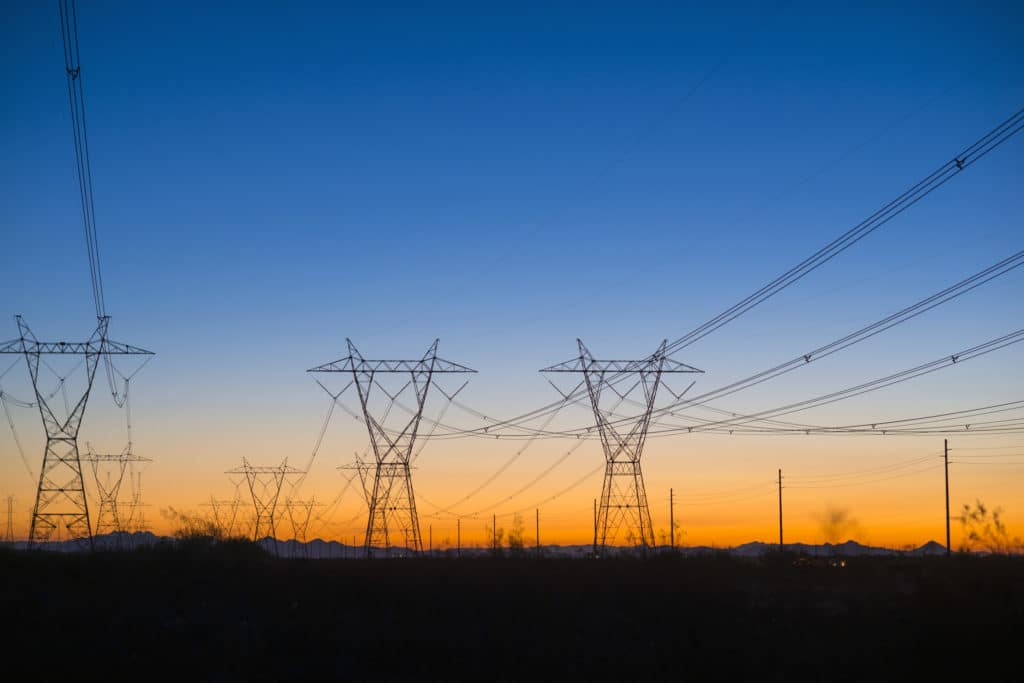
Lofty Utility Goals
Arizona Public Service (APS)
One of Arizona’s two major public service providers, APS has committed to 65% clean energy mix by 2035 and completely carbon-free by 2050. Less than 17% energy usage today comes from coal. APS has achieved recognition including:
- Ranked as a top business service provider by J.D. Power & Associates
- Achieved double-A score for climate and water stewardship
- Named one of the world’s Top 100 Green Utilities
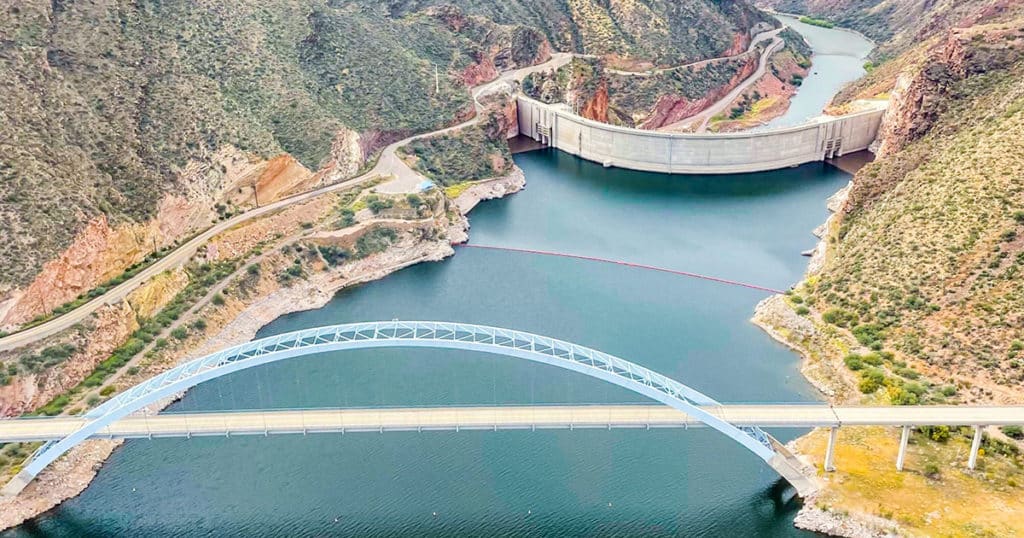
Salt River Project (SRP)
The other of Arizona’s two major public service providers, SRP plans to reduce the amount of C02 emitted by 65% by 2035 and 90% by 2050. It plays a large role in water and canal management in Greater Phoenix. SRP has received recognitions including:
- Ranked as a top business service provider by J.D. Power & Associates
- Ranked No. 1 in customer satisfaction in the west large segment for 20 years in a row
- Ranked No. 1 in nation for reliability
Companies committed to ESG goals
Major industrial leaders have announced ESG goals, showing dedication of being good stewards of resources in Greater Phoenix. Examples include:
 |
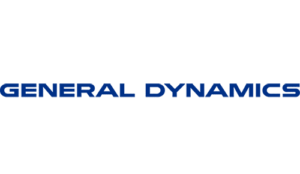 |
|||||
|---|---|---|---|---|---|---|
|
|
|
|
|||
|
|
|
||||
 |
 |
 |
||||
|
|
|
|
|||
|
|
|
|
ASU’s clean energy initiatives include:
Direct Air Capture (DAC) hub
ASU, CarbonCapture, Carbon Collect and other partners are designing a regional DAC hub under an initiative supported by the U.S. Dept. of Energy.
Photo: CarbonCapture
Carbon Collect’s Mechanical Tree
The first commercial-scale Mechanical Tree removes CO2 from the atmosphere without the use of blowers or fans.
Photo: Carbon Collect
Red Rock Solar Project
ASU produces about 53 MW of solar and solar thermal energy with the help of its collaborative project with Arizona Public Service (APS).
Photo: McCarthy
Swette Center for Environmental Biotechnology
The biotech center works with Mesa’s wastewater plant to find more effective ways to feed carbon dioxide to microalgae.
Photo: ASU
Climate tech talent pipeline
Greater Phoenix produced over 4,300 graduates in fields related to climate technology during the 2020-21 school year, comparable to San Diego, San Jose and Seattle. The region’s universities are committed to supplying the workforce needed to enable companies to scale in the region.
|
Certificates |
Associate |
Bachelor |
Master |
Doctor |
|---|---|---|---|---|
627 |
148 |
2,626 |
766 |
166 |
Total completions awarded by metro
Source: Lightcast 2023 Q2 Dataset
#1
ASU has ranked No. 1 in innovation for 9 straight years
#1
ASU ranks No. 1 in nation and No. 6 in world in addressing UN Sustainability Development Goals
#1
ASU ranks No. 1 in engineering technology enrollment
Download the full industry analysis for more on education programs and talent pipeline
Climate Technology Industry Report
Incubators, Accelerators and Coworking Spaces
Greater Phoenix has a wide variety of networks, accelerators, incubators and funding challenges of which startups and can take advantage. Several, including the Center for Entrepreneurial Innovation (CEI), the Resource Innovation and Solutions Network (RISN) Incubator, LightWorks Innovation Accelerator and LaunchPoint Technology Accelerator, center around the development of climate technology.
Whether you are an established company or just getting your idea off the ground, the 40+ spaces housed in the region can accommodate any sized business. Explore an interactive map of coworking spaces and incubators below or find a pdf version here.
Learn more about the Greater Phoenix startup ecosystem here.
Natural Resources

300+ days of sunshine
Arizona, known for warm temperatures and lack of natural disasters, offers advantages to people living and companies operating in Greater Phoenix. With more than 300 days of sun, there is minimal downtime caused by storms or natural disasters.
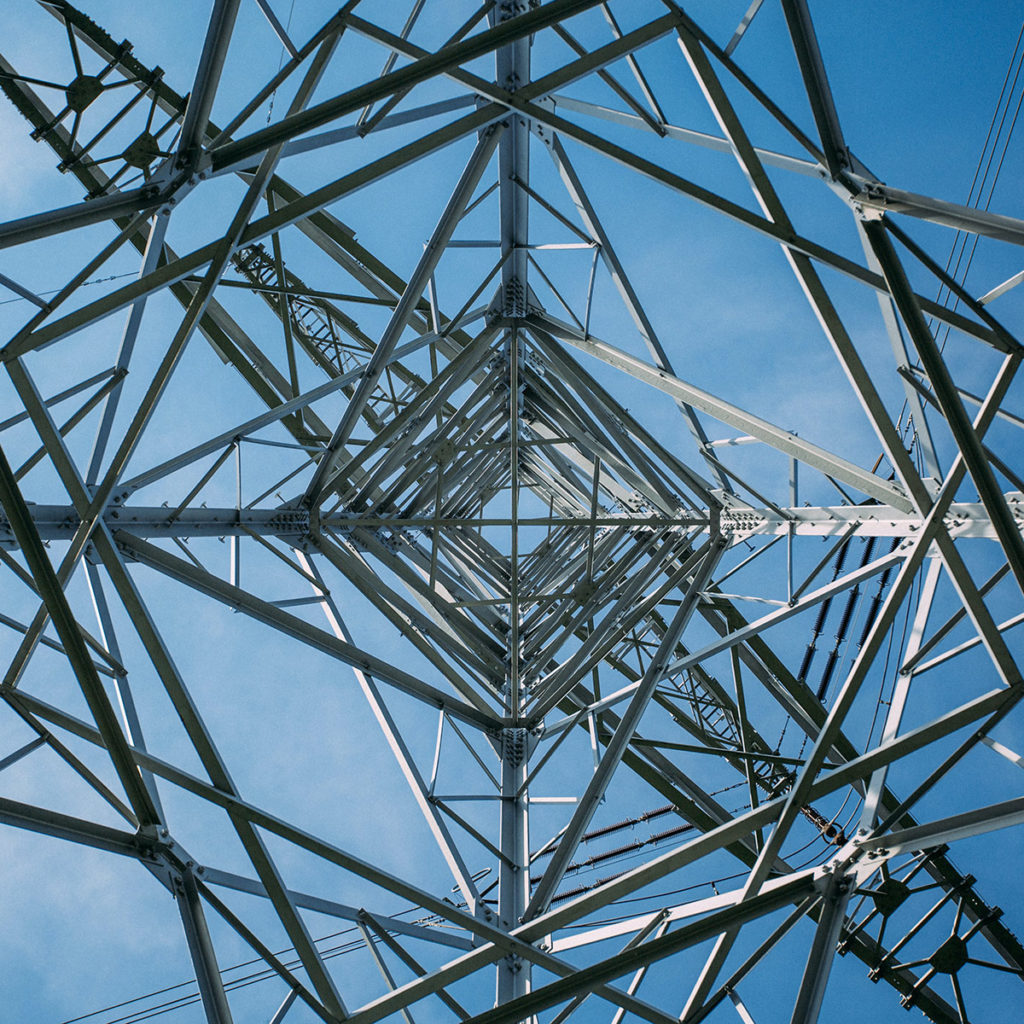
Reliable Power
With the second-most reliable power grid in the nation and highly rated electric utility providers, Arizona offers consistent power. Greater Phoenix has more than 500 megawatts of existing inventory and an additional 250 megawatts of inventory planned for the near future, a proactive approach to support continued growth in the market.

Environmental Resiliency
Over the last 10-year period, Arizona recorded only 33 total hours of natural disaster disturbances, a fraction of the downtime experienced by southwest neighbors California and Texas. Arizona has 73% fewer natural disasters than California.
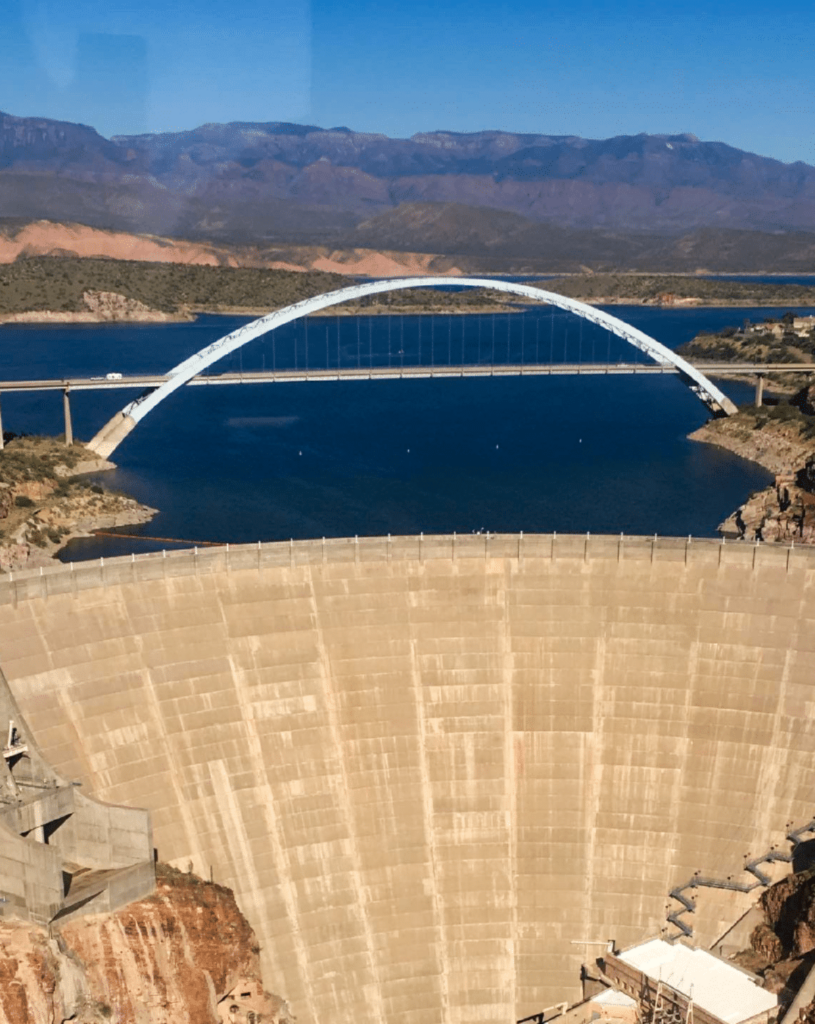
Water Availability
Thanks to smart water planning over the past century that included the 1980 Groundwater Management Act, Arizona has a 100-year assured water supply and a superior water system compared to its peer states in the southwest. Get more information here.
Local Initiatives
There are a number of local initiatives centered around developing and harnessing natural resources and building more sustainability methods through the collaboration of partners from the federal and local governments, industry, and academia. Some include:
Arizona Sustainability Alliance
Arizona Sustainability Alliance promotes sustainable energy by implementing projects and educating the public. These projects help by cleaning parks, planting trees, refreshing and repairing existing community garden beds, and more.
Arizona Water Innovation Initiative
Water management has been a priority since before statehood, and the Arizona Water Innovation Initiative is a continuation of that commitment to water stewardship. This collaboration toward research and development include coastal water desalination, water-efficient agricultural operations, water treatment and reuse technology that supports energy production and microchip manufacturing, and new designs for urban water conservation.
Solar Zone at UA Tech Park
The University of Arizona partnered with Tucson Electric Power (TEP) to establish the Solar Zone at UA Tech Park. This park allows 10 companies and organizations to test and demonstrate a variety of solar technologies and systems.
Southwest Clean Hydrogen Innovation Network (SHINe)
SHINe is a regional hydrogen hub focused on production, storage, delivery systems and infrastructure. The partnership consists of more than 40 member organizations including clean energy companies, gas producers, nonprofits, and universities in Arizona, the Navajo Nation, and Nevada.
Logistical Advantages

Southwest Proximity
Greater Phoenix is committed to a reliable, modernized freeway system with room for expansion. These freeways and highways provide easy access across the region and to 35 million consumers within a one-day truck haul in California, Mexico, New Mexico, Texas, Colorado, Utah and Nevada.

Airline Connectivity & Access
Enjoy prime connectivity in Greater Phoenix with close connection to southwest markets, the cross-border supply chain in Mexico, and air travel and commerce efficiency through multiple airports. Phoenix Sky Harbor International Airport alone offers over 1,200 daily domestic and international flights.

Regional Rail Access
Greater Phoenix is served by two major railroads, Union Pacific and BNSF. With major rail lines throughout the entire Southwest reaching Greater Phoenix, operations can rely on these railroad systems for both the import and export of goods and materials.
Download the full industry analysis for more on location advantages
Competitive Operating Costs
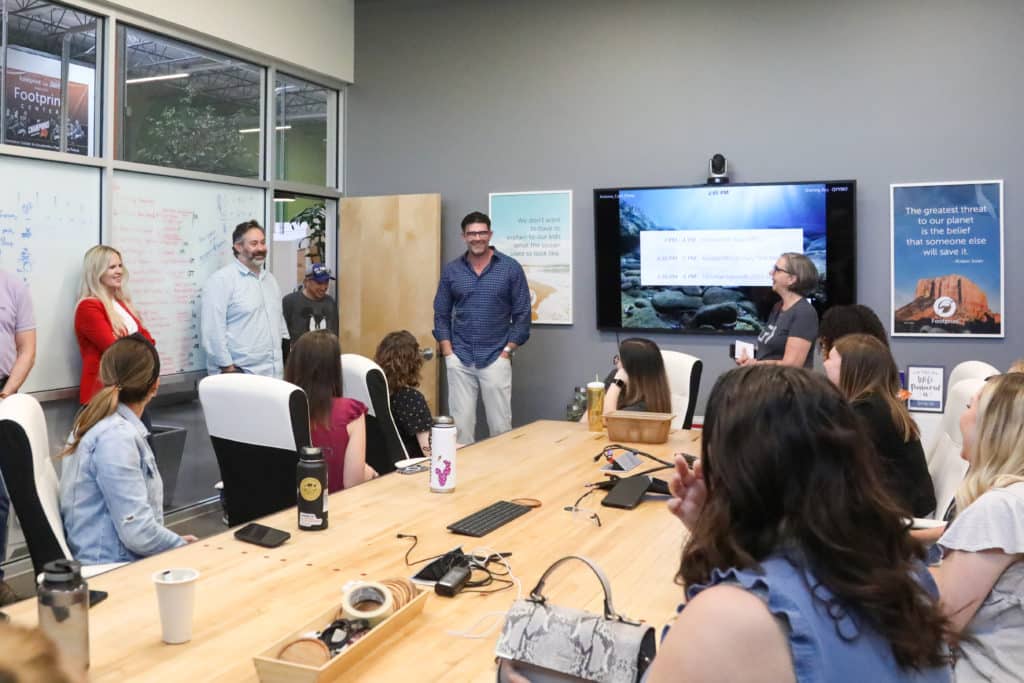
Greater Phoenix Operating Environment
The state offers a minimalist regulatory approach, no corporate franchise tax and is constitutionally recognized as a right-to-work state. From tax credit and incentive availability and programs designed to increase access to capital, the region offers direct access to Arizona’s robust, pro-business climate. Greater Phoenix provides the right combination of affordability, size and scalability, making it the perfect choice for new-to-market and growing companies.
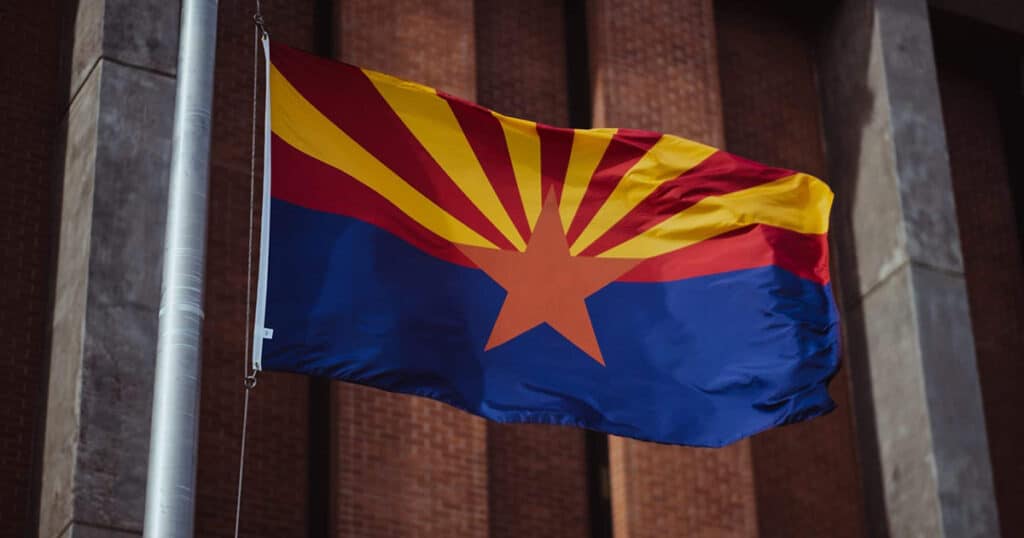
Competitive Tax Environment
Greater Phoenix has one of the most business-friendly tax climates in the region. Its average sales tax rate of 8.6% and corporate income tax rate of 4.9% are comparatively low, while its $320 max payment for unemployment insurance is the lowest of any major city in the southwest, about $240 less expensive than Austin and less than half the cost of that of Denver.
Climate Tech Annual Operating Cost by Metro
The Annual Business Operating Cost Pro-forma below estimates the cost of running a typical climate technology company in competitor markets across a handful of major expense categories. Component and custom analyses to match your company’s operations can be provided upon request. Contact us to request a custom analysis for your business.
| Metro | Payroll | Benefits | Utilities | Real Estate | Property Tax | Total Operating Cost | Index |
|---|---|---|---|---|---|---|---|
Phoenix |
$7,567,887 |
$1,732,393 |
$41,022 |
$386,000 |
$7,395 |
$9,734,697 |
100.0% |
Boston |
$8,885,569 |
$2,075,045 |
$80,496 |
$638,500 |
$374,700 |
$12,054,310 |
123.8% |
San Diego |
$8,420,883 |
$2,030,494 |
$86,926 |
$726,000 |
$175,650 |
$11,439,953 |
117.5% |
San Jose |
$9,927,617 |
$2,383,084 |
$79,730 |
$870,000 |
$181,500 |
$13,441,931 |
138.1% |
Seattle |
$9,108,752 |
$2,361,875 |
$33,482 |
$532,000 |
$142,430 |
$12,178,539 |
125.1% |
Assumptions: $15,000,000 personal property investment; 50,000 square-foot Industrial Manufacturing, Leased; Utilities (per month): Electricity: 75KW, 30,000KWh; Water/Wastewater: 3,000cf, 5/8 meter; 100 jobs (Bureau of Labor Statistics equivalent occupations)
Source: Applied Economics Metrocomp Tool 2023
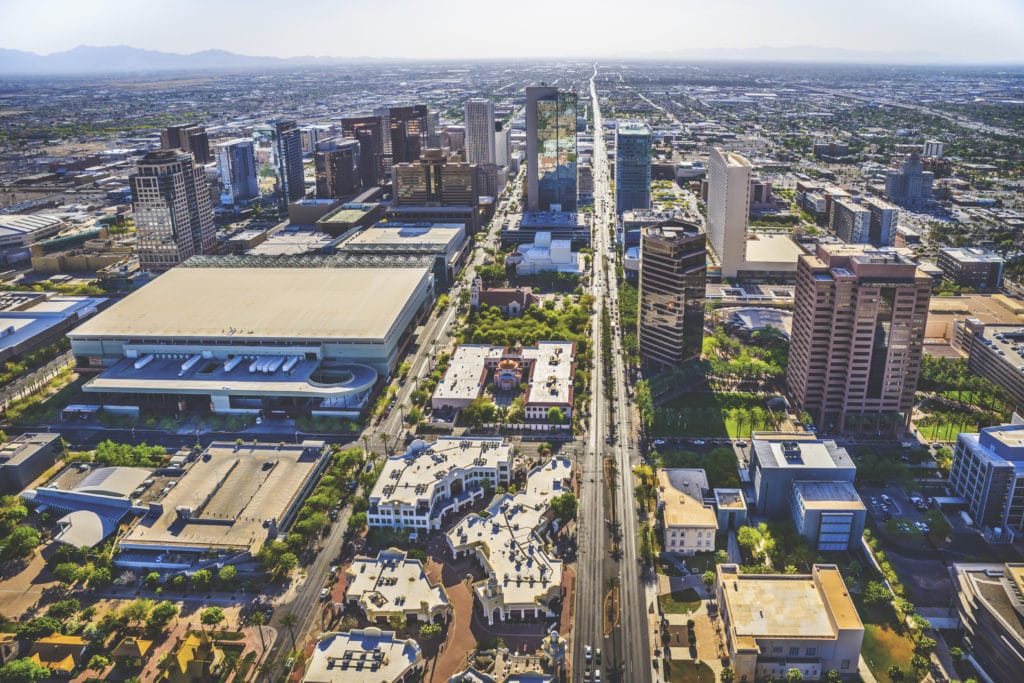
Arizona Incentive Programs
The state offers several quality incentives and programs to further decrease operating costs. The quality Jobs Tax Credit awards $9,000 of tax credits over three years to qualifying companies, while the R&D tax credit offers refundable and nonrefundable corporate income tax credits for qualified research and development done in Arizona, including company funded research at a state university.
Download the full industry analysis for more incentives and program details, and watch the webinars below to learn how you can take advantage of tax credits in the Inflation Reduction Act.
Perkins Coie partner Elizabeth Crouse gives an overview of federal income tax credits for renewable electricity and fuels, carbon capture, electric vehicles, hydrogen and more.
Snell and Wilmer partner Marc Schultz discusses transferability requirements, the income tax credits marketplace, and the risks from the perspectives of both the seller and buyer.
Quality of Life

Experience a vibrant lifestyle and diverse culture at an affordable cost of living.
Enjoy the outdoors with more than 300 days of sunshine, average temperatures of 75 degrees, convenient access to over 400 hiking trails, and globally recognized sporting events. Take part in a vibrant arts and culture scene that includes prominent classical arts to public art to craft markets and a diverse range of music and cultural events. And, eat well with fresh farmers markets in every city, and globally recognized chefs and culinary experiences at your doorstep. Click the icons below to learn more about Greater Phoenix living.
Image: @m3ffest
Calculate your savings
Select your annual income, monthly mortgage, healthcare and grocery costs to find how much you would save with a move to Greater Phoenix.
Annual Income
Monthly Mortgage
Monthly Healthcare
Monthly Groceries
Source: C2ER 2024 Q1 Cost of Living Analysis; Zillow Research August 2024
#4
Phoenix was ranked the fourth-best city for new college grads
Zillow, 2023
#8
Arizona was ranked the eighth-best state for working from home
WalletHub, 2023
#10
Phoenix was named a top-10 city to see art
USA TODAY, 2023
#10
Scottsdale was named among the top-10 city for families in the U.S.
WalletHub, 2023
